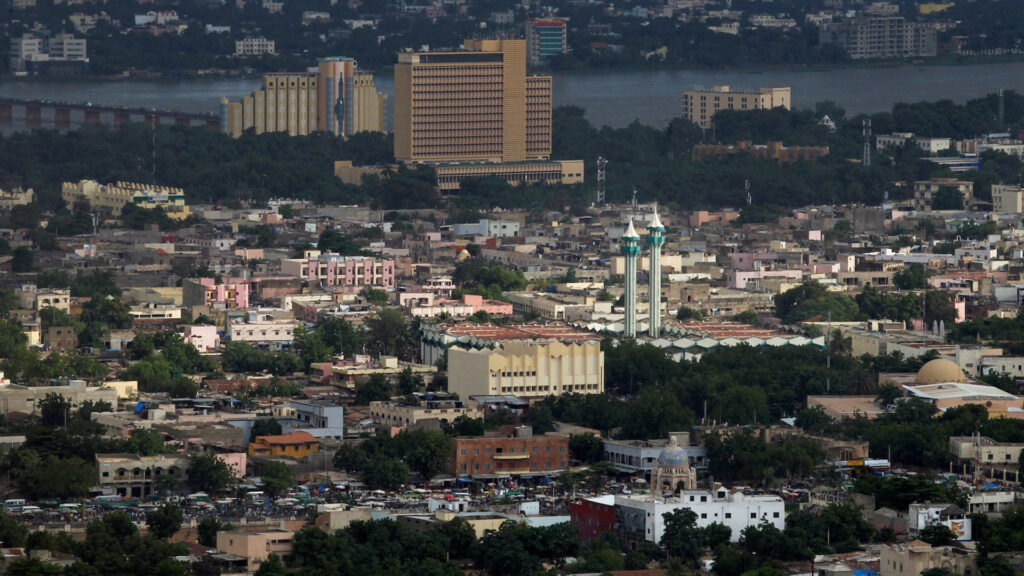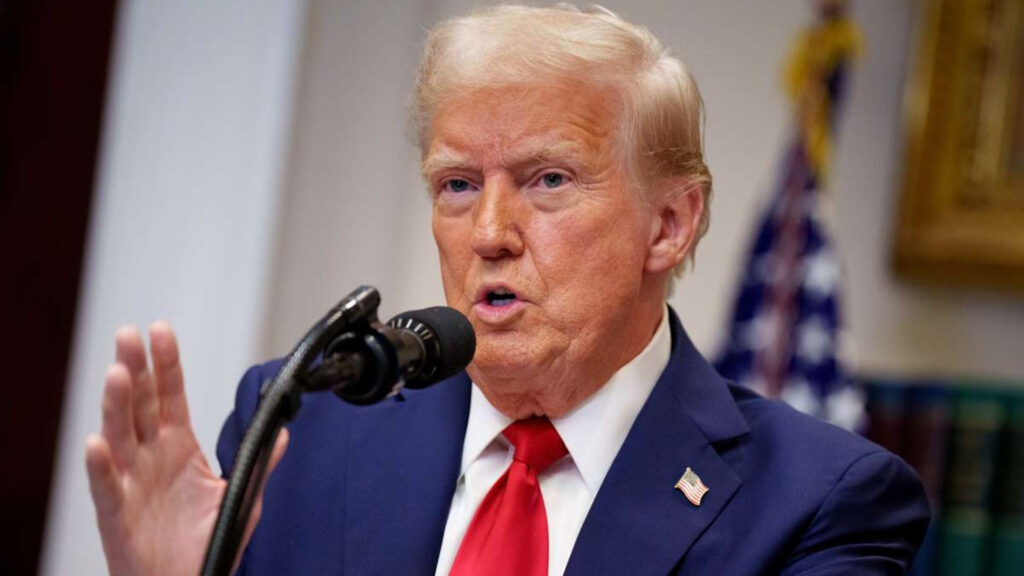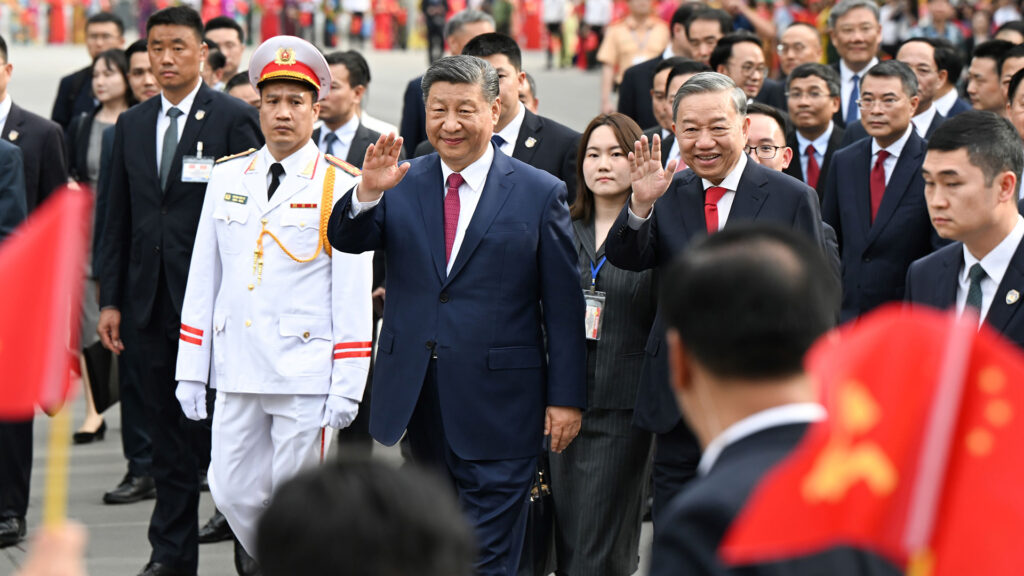In a significant step to address its mounting debt, Mali has announced plans to repay 200 billion CFA francs ($332 million) of its internal debt by the end of 2024.
The decision, announced by Mali’s Economy Minister Alousseni Sanou on state television, marks a critical attempt by the junta-led nation to stabilize its economy amidst political instability and economic challenges.
This repayment initiative comes at a time when Mali’s economy is under scrutiny from international financial bodies, including the International Monetary Fund (IMF), which has expressed concerns over the rapid increase in the country’s debt burden.
Highlights
- Debt Relief Initiative: Mali plans to repay 200 billion CFA francs ($332 million) of internal debt by the end of the year, aiming to ease its financial burden.
- Economic Challenges: Years of political instability, regional sanctions, and ongoing conflicts have strained Mali’s economy, increasing debt levels.
- Government’s Strategy: Led by Economy Minister Alousseni Sanou, this move is intended to restore confidence in Mali’s financial health amid rising debt concerns.
- International Scrutiny: The International Monetary Fund (IMF) previously raised concerns about Mali’s rising debt, which has surged significantly since 2015.
Mali’s Economic Landscape: Challenges and Pressures
Mali’s economy has been significantly strained over recent years, compounded by a series of political upheavals, including two coups in 2020 and 2021. The country has faced consequential regional sanctions from organizations like the Economic Community of West African States (ECOWAS) due to its political instability.
Additionally, prolonged conflicts with Islamist militants have disrupted economic activities and diverted resources from essential economic growth projects.
These disruptions have led to a sharp increase in Mali’s debt levels, prompting the government to seek measures that can restore financial stability. The repayment of $332 million is part of Mali’s strategy to ease its internal debt burden, an initiative that may provide some relief to the country’s economy but is unlikely to resolve the underlying issues.
The International Monetary Fund’s Concerns
In recent years, Mali’s debt accumulation has drawn attention from the IMF, which has warned about the unsustainable trajectory of the country’s finances. The IMF highlighted in 2021 that Mali’s domestic debt had risen from a modest 8.1% of GDP in 2015 to 22.1% by 2021, a worrying trend that underscores the economic instability Mali is facing.
The IMF’s cautionary statements serve as a reminder of the financial challenges that developing nations like Mali face, especially when political instability and economic sanctions restrict access to global financial markets.
Government’s Plan and the Road Ahead
Mali’s Economy Minister Alousseni Sanou acknowledged the “increasing challenges we face” and expressed confidence that the debt repayment initiative will ease some of the economic pressures. However, the minister did not disclose the total size of Mali’s internal debt, leaving room for speculation about the country’s full debt profile.

The repayment plan is expected to have a dual impact:
- Restoring Investor Confidence: By prioritizing debt repayment, Mali aims to signal stability and reliability to both domestic and international investors.
- Economic Stabilization: Reducing the debt burden may allow the government to allocate more resources toward critical economic projects, fostering long-term growth and resilience.
However, with limited access to international markets due to sanctions and an unstable political climate, Mali’s options for economic recovery are constrained. The success of this debt repayment initiative depends on the government’s ability to maintain fiscal discipline while navigating the ongoing political and security challenges.
Industry Insights: Implications for Financial Markets and Investors
The announcement of debt repayment offers potential signals for the financial markets, both regionally and internationally.
- Regional Investors: For West African investors, Mali’s commitment to debt repayment may restore some level of confidence. The repayment initiative could stimulate interest in Malian bonds and securities, which have been underperforming due to political risks. Explore more on debt markets and regional investment trends in West Africa.
- International Relations: Although Mali’s economy remains isolated due to political tensions, its commitment to fiscal responsibility may influence the stance of international financial bodies. Future loans or aid from institutions like the IMF could hinge on Mali’s ability to demonstrate sustained economic reforms and effective debt management strategies.
- Long-term Economic Impact: A reduction in internal debt could give the government room to focus on growth-oriented policies, such as infrastructure and public services. This could create opportunities for foreign investors in sectors like construction, energy, and mining, contingent on Mali’s ability to improve its political and security environment.
The Broader Context of Debt Management in Africa
Mali’s debt repayment initiative highlights a broader issue affecting several African nations. Many countries on the continent face a delicate balancing act in managing their debt levels while addressing urgent social and economic needs.
The recent economic downturn, coupled with challenges such as political instability and armed conflicts, has exacerbated these pressures, underscoring the need for robust financial management.
African countries with significant internal and external debt must adopt policies that promote fiscal discipline while also seeking ways to stimulate economic growth. Mali’s decision to prioritize debt repayment may set a precedent for other nations grappling with similar challenges, provided it leads to sustainable outcomes.
A Step Toward Stability Amidst Challenges
Mali’s announcement to repay $332 million of internal debt is a step toward stabilizing its economy amidst daunting political and economic challenges. While this move may help restore some confidence in Mali’s financial system, it does not address the root causes of the country’s economic distress.
Political stability, regional cooperation, and effective debt management will be essential for Mali’s long-term economic health.
As the government progresses with this debt repayment initiative, international observers and financial institutions will be watching closely. Mali’s efforts to manage its debt could serve as a model for other countries in the region facing similar issues. However, the sustainability of this strategy will depend on how well Mali can maintain fiscal discipline while navigating its unique political landscape.







